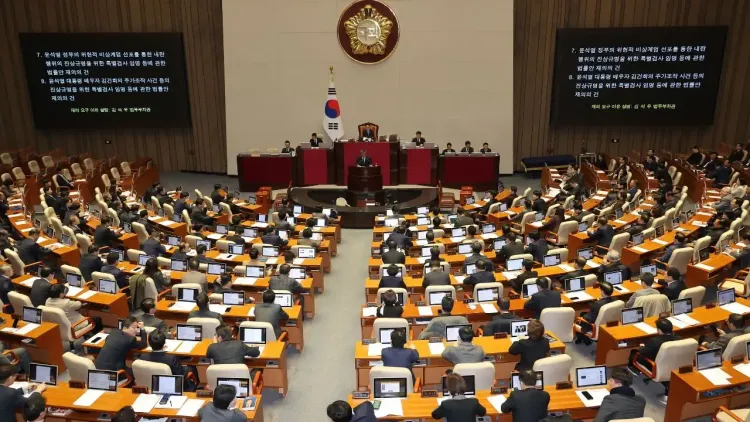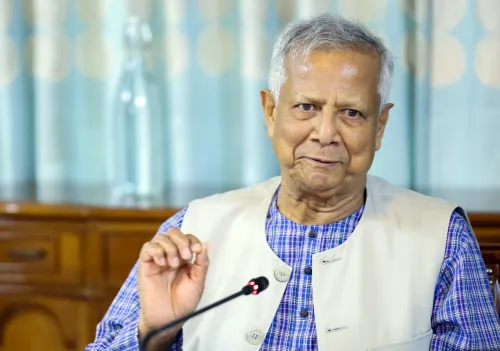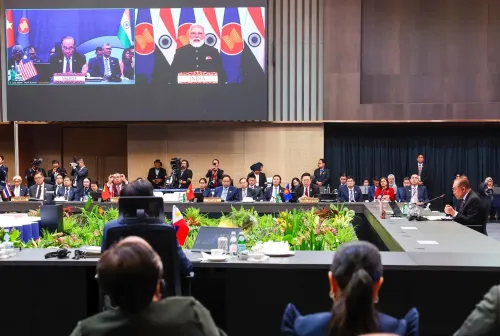South Korea's National Assembly Votes Down Special Investigation Bills Aimed at President Yoon and First Lady

Seoul, Jan 8 (NationPress) - The National Assembly of South Korea has dismissed two special counsel Bills focused on the impeached President Yoon Suk Yeol concerning his unsuccessful martial law attempt and allegations involving first lady Kim Keon Hee during a re-vote held on Wednesday.
The first Bill, directed at Yoon, sought to appoint special prosecutors to examine insurrection accusations linked to Yoon's brief martial law declaration.
This legislation was turned down with a vote of 198 against and 101 in favor, plus one abstention, ultimately failing to meet the two-thirds majority needed to override the president's veto.
Last month, the opposition parties had passed the Bill during a plenary session before the Cabinet requested the National Assembly to reassess its ruling under the leadership of acting President Choi Sang-mok.
Additionally, another Bill aimed at probing allegations against the first lady regarding her supposed role in a stock manipulation scheme and interference in electoral nominations via a power broker was also rejected.
This second Bill faced a similar fate, voted down with a tally of 196 to 103, alongside one abstention.
This represents the fourth iteration of the Bill targeting Kim, following a prior proposal that was vetoed by Yoon and subsequently scrapped during a revote.
The floor leader of the People Power Party, Kweon Seong-dong, reiterated his party's stance to oppose the special counsel bills, while the main opposition party, Democratic Party, pledged to reintroduce the bills if they are dismissed.
During the same session, six other Bills were also defeated, including a contentious grain Bill that had been vetoed by the then acting President Han Duck-soo.
The Grain Management Act, which requires the government to purchase surplus rice to stabilize prices amid market fluctuations, faced a similar fate when a comparable Bill was vetoed by Yoon in March 2023 and later discarded in a revote, according to Yonhap news agency.
Other defeated Bills included the National Assembly Act, designed to prevent the automatic submission of government budgets to plenary sessions after legal deadlines, and the National Assembly Testimony Appraisal Act, which would compel companies to provide requested information to lawmakers.









